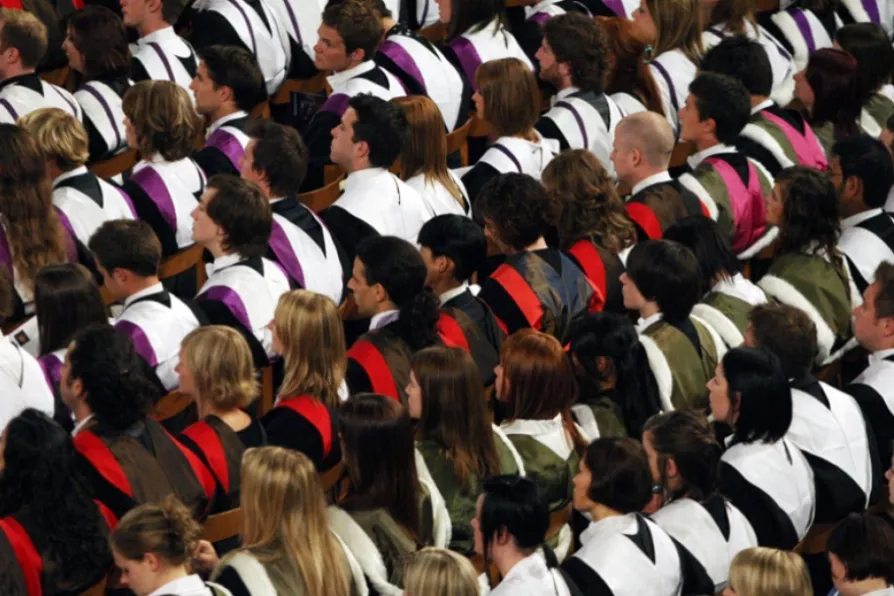Channel 4’s Dirty Business shows why private companies cannot be trusted with vital services like water, says PAUL DONOVAN


POLITICIANS are very keen to blame teachers for failing to inspire pupils with sufficient aspiration and confidence to persuade them to apply to Oxbridge and other so-called “elite” universities, and less enthusiastic about criticising the universities themselves for creating a self-reinforcing spiral.
Of course, governments have to accept responsibility for underfunding schools and closing SureStart centres, but universities have the means to improve social mobility at a stroke, and refuse to do it.
Back in October last year David Lammy revealed how both Oxford and Cambridge, recipients of over £800 million of taxpayers’ money each year, enrol consistently around 80 per cent of their intake from the top two social classes, with more offers being made to pupils from Eton than to students on free school meals across the whole country. Unsurprisingly, the number of ethnic minority students accepted is so low that Lammy concluded there has to be “systematic bias.”














